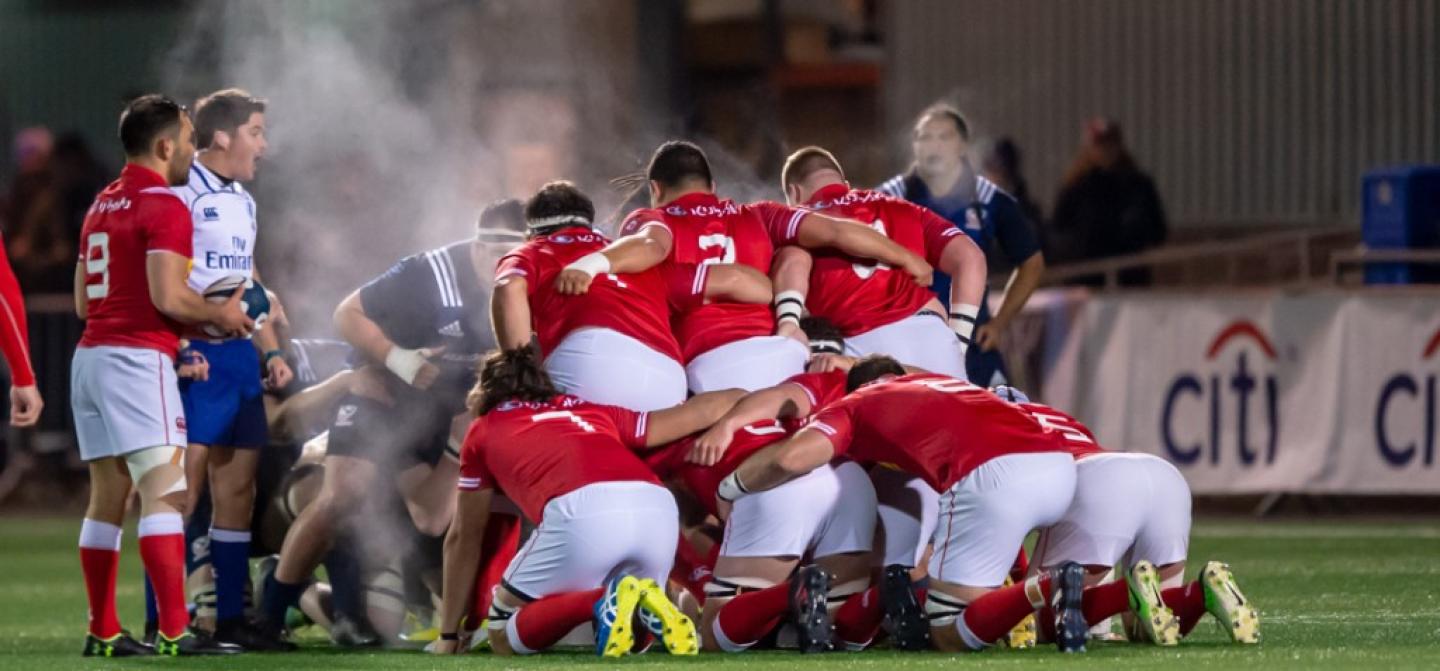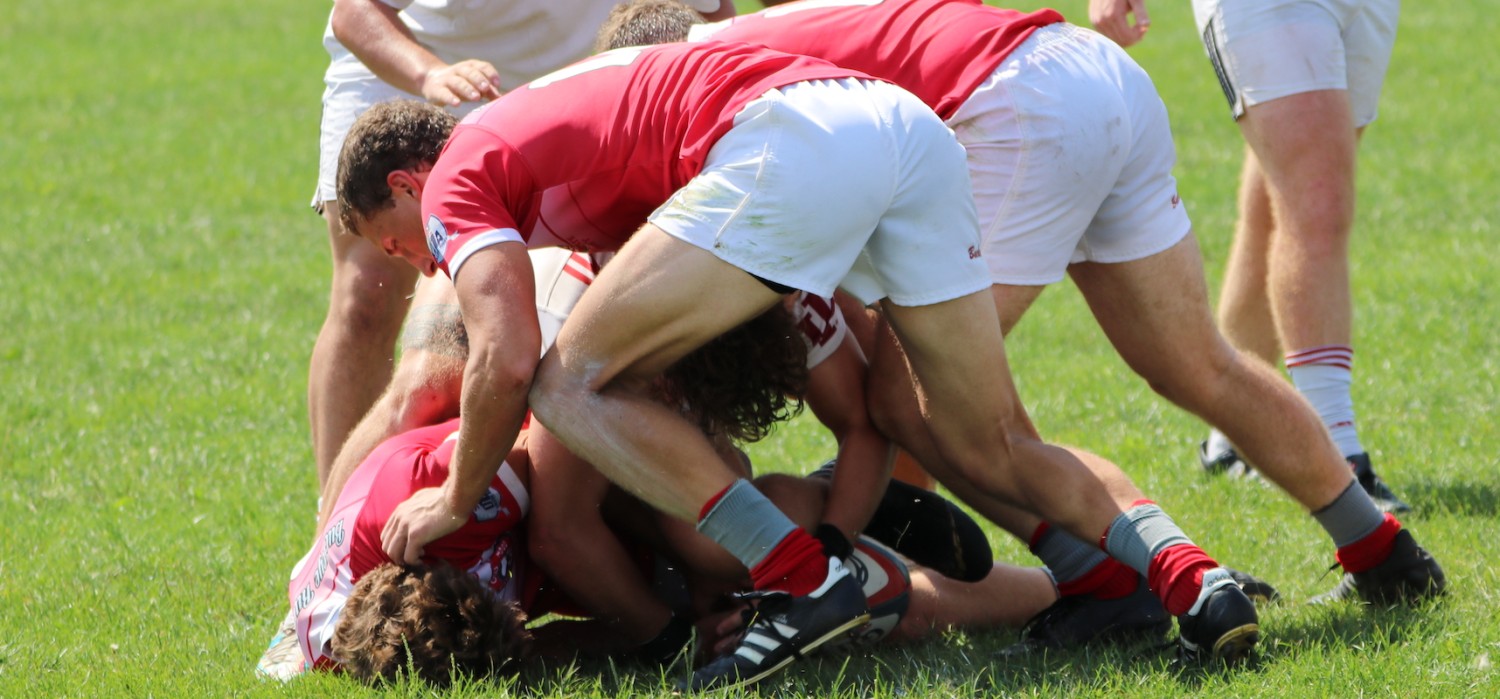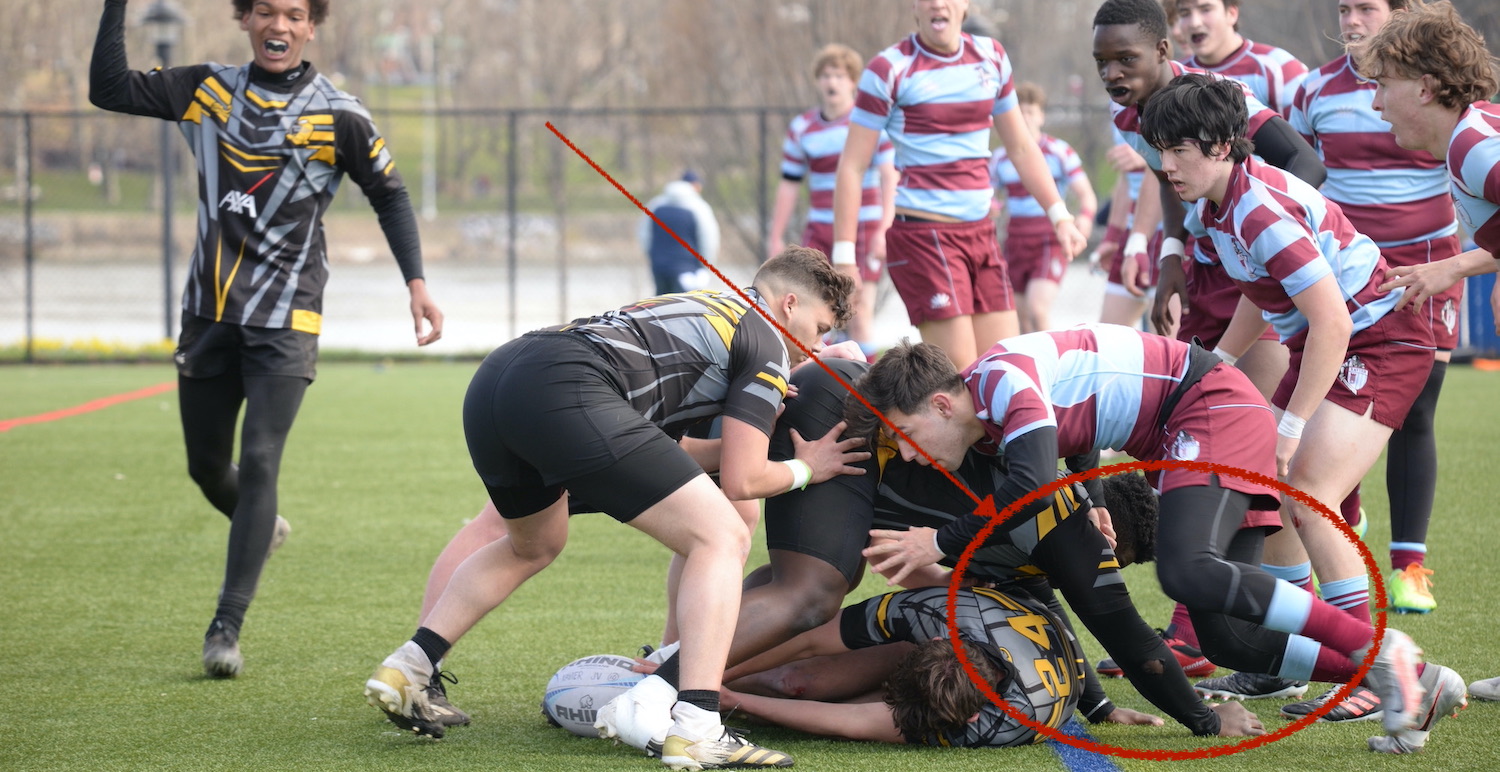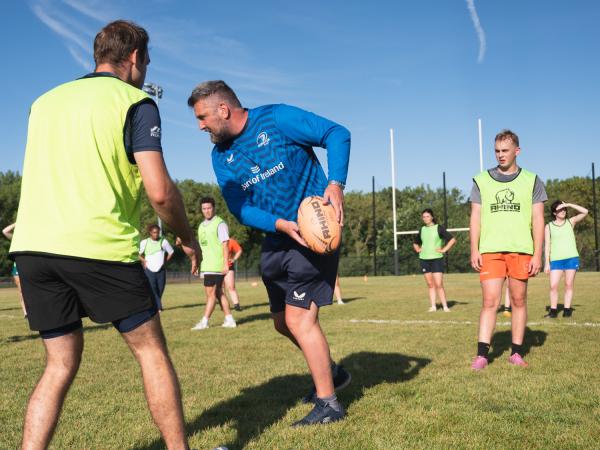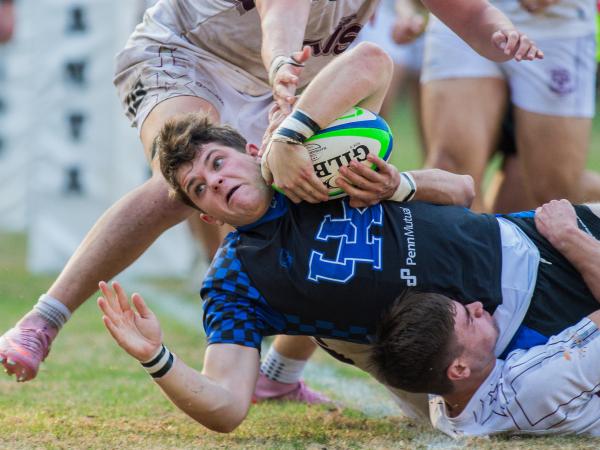Legislating from the bench once again World Rugby continues to make new rules, or "guidelines" to fix the game, but could they just as well leave interpretations up to referees?
This latest effort comes from the right place—World Rugby and fans and players are annoyed about time wasting. Time of ball in play is averaging below 40 minutes and edging down to 35 minutes. This is highlighted by supposedly supremely fit rugby players walking ... walking ... to lineouts and back to penalty marks.
It's also highlighted by the scrums—yes we know the constant resets and constant penalties are annoying, but standing around debating it all is even more annoying. And this doesn't even include the constant TMO referrals that take forever, the standing around when you get a free kick, the debates with the referee, and the marching toward quarters with set water breaks.
So World Rugby is doing something about it, dontchyaknow, and there will be no ... none at all! ... unintended ramifications. You know, how randomly making turnovers easier has made continuity so difficult many teams just opt to play defense, or how creating hard and fast rules rather than giving referees leeway means they can't just bark at players to hurry it up, or exercise some judgment.
So here are the new guidelines:
Reemphasis on Law 8.8d, which says the conversion kick has to be taken within 90 seconds. (We saw this enforced at the recent NCR finals, and one conversion was called off because the guy running out the kicking tee didn't so much walk as saunter, giving the kicker no time.)
Reemphasis on Law 8.21, which says a penalty kick must be taken within 60 seconds of the decision to take a penalty kick. (We at GRR think they should have 60 seconds from the time the penalty is called. There is NO law about how long a decision must take).
But ... maybe that's us at GRR being all World Rugby about it. Seeing as ...
Reemphasis on Law 9.7d: A player must not waste time. We would love to see this embraced by referees, especially up North where the game is slowing down considerably.
More on making the game move:
Reemphasis on Law 18.12, which says teams have to form the lineout without delay. The huddle and signal is fine, but you've got to do it quickly.
Reemphasis on Law 19.4, which says teams have to be ready to pack down for a scrum within 30 seconds.
What Is Good About This
Some of these laws give referees the leeway to make judgments on wasting time. The Delay of Game law and the lineout-without-delay law provide the ref a chance to make a call without a specific rule about 30 seconds or 90 seconds. The other good thing about all of this is there are no new laws; this is just World Rugby saying they will back up officials when they enforce these laws.
And we can't really see teams manipulating these laws too much (unless we have a five-minute argument about whether someone took eight seconds to long to throw a lineout throw). What World Rugby has to be cognizant of is that professional coaches will find a way to work a law or an interpretation to their advantage, and don't care about the game being "fun to watch." So referees will at least have to be prepared to stand firm. Call eight free kicks in a row because someone is wasting time? Sure, go ahead. They will eventually fall into line.
Professional vs Amateur vs School
World Rugby's laws cover the entire game, with only one or two variations for Under 19 rugby (how far you can push the scrum; how long the games are). But that isn't the reality. There are things professionals do that amateurs don't really do and that college or school teams really don't do.
The time wasting to waste time isn't a thing school teams tend to do. A lot of times they take too long to, say, set up a lineout or a scrum through indecision or confusion. What we at GRR hope is that referees recognize that. Officials will have to be more vigilant at the lower levels regarding time-wasting by accident versus time-wasting on purpose.
Note this comment by World Rugby Director of Rugby Phil Davies: “World Rugby, member unions and competitions will work with broadcasters and match hosts to implement on-screen (stadia and broadcast) shot clocks for penalties and conversions to ensure referees, players and fans can view the countdown, mirroring what happens in the LNR and Sevens."
Notice he never says anything about amateur rugby or college rugby or school rugby. Why? World Rugby is worried about the professional and international game. If someone is a little slow to get a scrum put together in a DIII club game ... that's probably a time for a little request from the ref to speed it up next time, rather than go to the whistle.
And that's also why Davies spoke about the Television Match Official. That's a professional issue, not an amateur one. Davies said World Rugby has realized that referees go to the TMO far too much. This, of course, has been brewing. Referees now get voices in their head saying they should stop the action to look at the video because someone else watching the game saw something.
TMOs are drunk with power, even overruling the referee (USA vs Canada game #1 in the Women's Rugby World Cup, the TMO basically bullied the referee into disallowing a USA try.)
Davies talked about the recent Shape of the Game Conference, in which the point of the TMO was brought up—if there clear and obvious evidence of an offense?
At the Conference, said Davies, ""it was agreed that reviews can often take too long, suggesting the offence being reviewed is not clear and obvious. While we can always enhance the technology interaction to speed up the process, the match official teams – led by the referee - should attempt to make speedier decisions and limit replays where not necessary.”
Emphasis ours.
So no specific plans but they want to speed this up.





